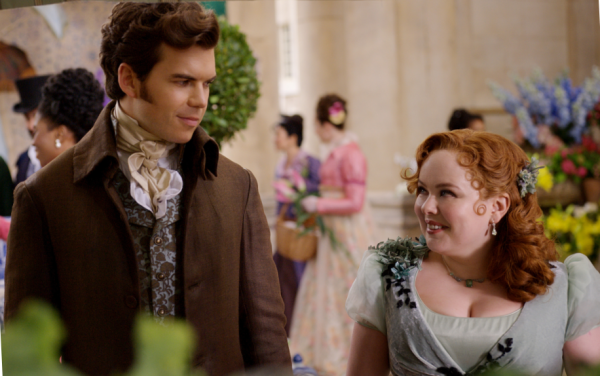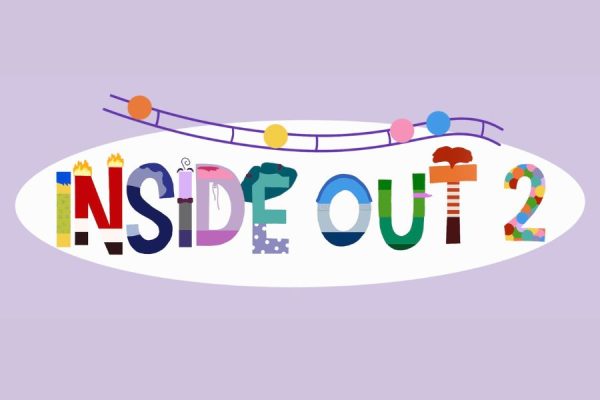‘Valerian and the City of a Thousand Planets’ Falls Short of Stardom
 In the late 1960s, the first edition of a French science fiction comics series entitled Valérian and Laureline was published. It has since won many awards and even been adapted into an anime. The creative vision and art style of the comics were a resounding success with the youth in France at the time, and because of this fact, the graphic novel was translated and sold all around the globe. However, one might say that the culmination of this fascinating series’ fame is the July 21 release of the major feature film: Valerian and the City of a Thousand Planets.
In the late 1960s, the first edition of a French science fiction comics series entitled Valérian and Laureline was published. It has since won many awards and even been adapted into an anime. The creative vision and art style of the comics were a resounding success with the youth in France at the time, and because of this fact, the graphic novel was translated and sold all around the globe. However, one might say that the culmination of this fascinating series’ fame is the July 21 release of the major feature film: Valerian and the City of a Thousand Planets.
In the trailer, the audience is shown multitudinous examples of the captivating visuals that director Luc Besson creates in this movie. They are also introduced to the romantic connection between the two main characters, Valerian and Laureline, that grows throughout the duration of the film. However, there was little mention of the main conflict in the movie, in which the two protagonists were tasked with determining why the center of the diverse space station Alpha was being turned into an expanding “dead zone” that nobody who enters survives. Furthermore, the concept of humans being only a small part of the many intergalactic alien races throughout the movie is also displayed clearly in the trailer, likely in hopes of attracting the attention of science fiction lovers everywhere.
Going into the theater, I knew absolutely nothing about this movie. I hadn’t heard of the comics, I didn’t know who the two main actors were, and, frankly, I wasn’t even sure what the general plotline of the film was; the trailer left much wanting in that regard. However, after a rather awkward launch into the story that garnered nothing but confusion, the basis and plot of the film were easy to pick up on. A clear conflict was established, the two main characters were given direction, and audiences were left wondering what was going to happen next, all the while being treated by the enthralling visual effects that the trailer had so readily promised.
Personally, by the middle of the film when the eccentric character of Bubble, the shapeshifting alien — that, in my opinion, took away from the direction of the film — was introduced, I saw a decline in structure and recognized a sort of sloppiness hijack the movie. The disorganization was only brought together at the end by the wonderful performance of Clive Owen as Commander Filitt, the main villain. By the conclusion of the film, though, audiences were given a satisfying ending that wrapped things up nicely despite the shakiness present earlier.
Finally, despite the massive budget of €197 million (~$232 million), the movie was an unfortunate flop at the box office, yielding only $34.6 million on its opening weekend. This fact — which was likely due to overshadowing by bigger titles and a lack of recognition in the two leading roles — does not bode well for the future movies in this series, which are already planned for production.

As a senior at Westwood High School, this will be my second year on Student Press and my first year as World News Editor. Over the course of this year...









hi • Aug 25, 2017 at 3:19 pm
u did gud
Dr Mark lewis • Aug 15, 2017 at 2:08 pm
Connor, I am a longtime friend of your grandparents. I read your film review and came
Away very impressed with. Your writing ability &
Observations. You have a great talent and we
Can’t wait to see what you will accomplish in the
Future. All the best! —dr. Mark lewis
Bob Cowman • Aug 9, 2017 at 7:51 pm
Very good writing Connor, keep up with your writing efforts.
Joel • Aug 9, 2017 at 7:44 pm
Bravo!! Well done👏😎
connie south • Aug 9, 2017 at 12:35 pm
This is an excellent review. Well written and very descriptive.